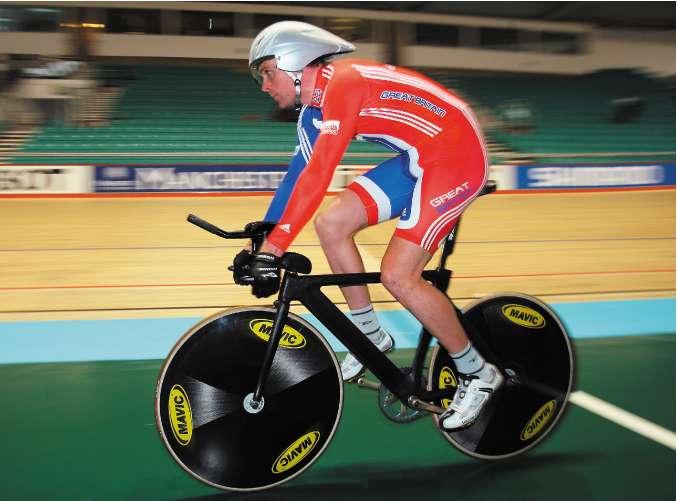Cycling: Hayles' failed blood test casts shadow over Wiggins win

Your support helps us to tell the story
From reproductive rights to climate change to Big Tech, The Independent is on the ground when the story is developing. Whether it's investigating the financials of Elon Musk's pro-Trump PAC or producing our latest documentary, 'The A Word', which shines a light on the American women fighting for reproductive rights, we know how important it is to parse out the facts from the messaging.
At such a critical moment in US history, we need reporters on the ground. Your donation allows us to keep sending journalists to speak to both sides of the story.
The Independent is trusted by Americans across the entire political spectrum. And unlike many other quality news outlets, we choose not to lock Americans out of our reporting and analysis with paywalls. We believe quality journalism should be available to everyone, paid for by those who can afford it.
Your support makes all the difference.The first evening session of the world track championships was always likely to end in a celebration of British excellence, but the enforced withdrawal of Rob Hayles after an "anomaly" in a blood test cast a shadow over the performances of Bradley Wiggins and the home sprint team in Manchester last night.
Wiggins, who will be one of Britain's favourites for gold when he defends his Olympic individual pursuit crown in Beijing this summer, claimed his third world title in the discipline with a typically stylish victory over Jenning Huizenga, while Chris Hoy, Jamie Staff and Ross Edgar took silver in the team sprint.
Their successes were all the more admirable after the shock felt by the whole British team at the withdrawal of 35-year-old Hayles, one of the longest-serving and most consistently successful members of the squad.
The Union Cycliste Internationale, cycling's international governing body, carried out routine health checks on 66 riders. Hayles, along with the Dutchman Pim Ligthart, returned a blood haematocrit level in excess of the maximum permissible 50 per cent – Hayles' result was 50.3 per cent – and both were suspended for a fortnight, pending further tests.
High haematocrit results can indicate illegal blood-boosting, including the use of the banned drug EPO, although they are not regarded as proof. Hayles, who won silver and bronze medals at the 2004 Olympics and is a former double world champion, said he was "disappointed and frustrated" about his two-week suspension, but added: "I accept the process is in place for good reason and I agree with it."
British Cycling's performance director, Dave Brailsford, who has been determined to maintain a drugs-free regime within the British team, said he was certain of Hayles' innocence. "If I wasn't totally convinced he wouldn't be part of our squad," Brailsford said.
Wiggins, who said he had "no doubt whatsoever" about Hayles' innocence, had finished second in qualifying for the individual pursuit behind Huizenga but had deliberately kept something in reserve. He won by nearly five seconds in 4min 18.519sec. "I just had to ride to a schedule," Wiggins said. "I knew that if I kept to that he wouldn't catch me."
Hoy, Staff and Edgar set a British record time of 43.777sec in the men's sprint final but were still half a second slower than the French.
Join our commenting forum
Join thought-provoking conversations, follow other Independent readers and see their replies
Comments